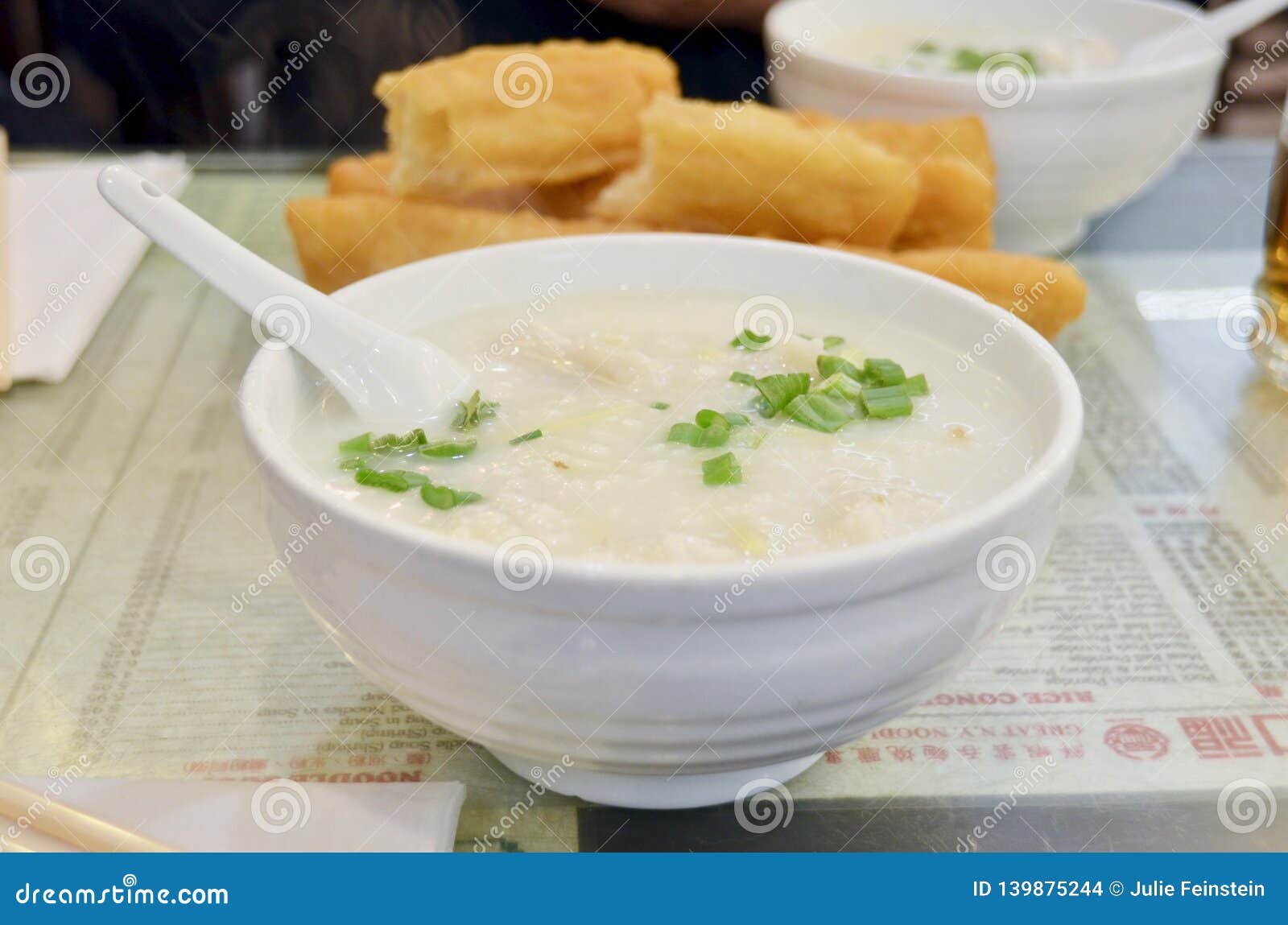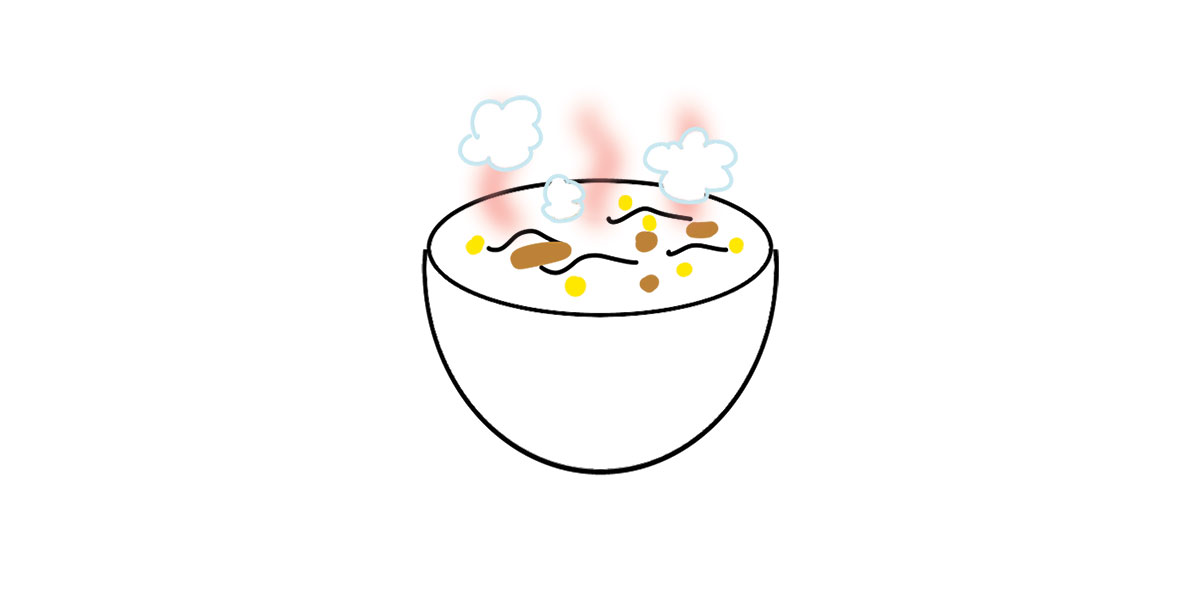Congee And Crullers: The Perfect Comfort Combo You’ve Been Missing!
Let’s talk about congee and crullers, shall we? Picture this: it’s a chilly morning, and you’re craving something warm, hearty, and oh-so-comforting. Enter congee, the ultimate rice porridge that’s been a staple in Asian households for centuries. But wait, there’s more! Pair it with a freshly fried cruller, and you’ve got yourself a match made in food heaven. This dynamic duo is not just delicious; it’s a cultural experience waiting to happen.
Now, you might be wondering, “What’s so special about congee and crullers?” Well, my friend, it’s more than just a meal. It’s a fusion of flavors, textures, and traditions that brings people together. From the creamy, soothing texture of congee to the crispy, golden goodness of a cruller, this combo is a celebration of simple yet satisfying ingredients.
Whether you’re diving into this pairing for the first time or you’re already a fan, this article will take you on a journey through the history, preparation, and cultural significance of congee and crullers. So grab a bowl and a donut, and let’s dig in!
Read also:Ole Miss Book Store Your Ultimate Guide To Campus Literature
Table of Contents
- The History of Congee and Crullers
- Nutritional Value of Congee and Crullers
- How to Prepare Congee and Crullers
- Different Variations Around the World
- Cultural Significance
- Health Benefits and Concerns
- Delicious Recipes to Try at Home
- Tips for Perfecting Your Congee and Crullers
- Best Pairings with Congee and Crullers
- Conclusion: Why You Should Try Congee and Crullers
The History of Congee and Crullers
Where It All Began
Congee has been around for thousands of years, with its origins tracing back to ancient China. This humble rice porridge was initially created as a way to stretch out leftover rice, making it a practical and economical dish. Over time, it evolved into a beloved comfort food, enjoyed by people from all walks of life. Meanwhile, crullers, those delightful twisted donuts, have their roots in European and American baking traditions. The combination of these two seemingly different foods is a testament to the fusion of cultures and cuisines.
How They Came Together
So how did congee and crullers end up on the same plate? It’s all about convenience and taste. In many Asian communities, crullers became a popular street food, often sold alongside bowls of steaming congee. The pairing quickly gained traction because it offered a perfect balance of savory and sweet, soft and crunchy. It’s like peanut butter and jelly—once you try it, you can’t imagine them apart.
Nutritional Value of Congee and Crullers
Congee is often praised for its nutritional benefits. Made from rice, water, and sometimes added ingredients like chicken or vegetables, it’s a great source of carbohydrates and can be customized to include protein and fiber. On the other hand, crullers, while delicious, are higher in sugar and fat. But hey, life’s all about balance, right?
- Congee: Low in calories, high in hydration, and easy to digest.
- Crullers: A treat best enjoyed in moderation due to their sugar content.
How to Prepare Congee and Crullers
Cooking Congee
Making congee is surprisingly simple. All you need is rice, water, and a little patience. Here’s a basic recipe:
- Rinse 1 cup of rice thoroughly.
- Add the rice to a pot with 6-8 cups of water.
- Bring to a boil, then reduce heat and let it simmer for about an hour, stirring occasionally.
- For extra flavor, add ginger, garlic, or chicken broth.
Frying Crullers
Crullers are a bit more involved, but trust me, they’re worth the effort. Here’s a quick guide:
- Mix flour, sugar, eggs, and milk to form a dough.
- Let the dough rest for about 30 minutes.
- Roll it out, cut into strips, and twist them into cruller shapes.
- Fry in hot oil until golden brown.
Different Variations Around the World
While congee and crullers may have originated in specific regions, their popularity has spread far and wide. In some parts of Asia, you’ll find congee topped with everything from century eggs to shredded chicken. Meanwhile, crullers can come in flavors like chocolate, cinnamon, or even matcha. The possibilities are endless!
Read also:Rambo Ray The Untold Story Of A Musical Legend In The Making
Congee Variations
From Thailand’s khao tom to the Philippines’ arroz caldo, each country puts its own spin on congee. Some add coconut milk for richness, while others incorporate seafood for a savory twist.
Cruller Variations
Crullers aren’t just limited to the classic twisted shape. In some cultures, they’re filled with jams or creams, adding another layer of indulgence to the experience.
Cultural Significance
Congee and crullers aren’t just food—they’re symbols of tradition and togetherness. In many families, congee is served during times of illness or celebration, offering comfort and nourishment. Crullers, with their festive appearance, are often associated with holidays and special occasions.
Health Benefits and Concerns
While congee is generally considered a healthy option, it’s important to be mindful of portion sizes when enjoying crullers. Balancing these two foods can help you enjoy their flavors without compromising your health goals.
Delicious Recipes to Try at Home
Ready to get cooking? Here are a couple of recipes to inspire your next congee and cruller feast:
Congee with Chicken and Ginger
Take your congee game up a notch by adding tender chicken and fragrant ginger. This recipe is perfect for a cozy dinner or a comforting breakfast.
Matcha Crullers
For a modern twist, try making matcha crullers. The vibrant green color and earthy flavor make them a standout addition to your congee bowl.
Tips for Perfecting Your Congee and Crullers
Here are a few pro tips to ensure your congee and crullers turn out just right:
- For creamier congee, use a higher water-to-rice ratio.
- Don’t overcrowd the pan when frying crullers—it can lower the oil temperature and make them greasy.
- Experiment with different spices and herbs to add depth to your congee.
Best Pairings with Congee and Crullers
While congee and crullers are fantastic on their own, they also pair beautifully with other foods. Consider serving congee alongside pickled vegetables or a soft-boiled egg. For crullers, a cup of hot tea or coffee makes the perfect accompaniment.
Conclusion: Why You Should Try Congee and Crullers
In conclusion, congee and crullers are more than just a meal—they’re an experience. They bring together the best of both worlds: the comforting familiarity of congee and the indulgent delight of crullers. Whether you’re exploring new flavors or revisiting a childhood favorite, this combo is sure to leave a lasting impression.
So, what are you waiting for? Head to your kitchen, gather your ingredients, and start creating your own congee and cruller masterpiece. And don’t forget to share your creations with friends and family—because sharing is caring, right?
Got any questions or tips of your own? Drop them in the comments below, and let’s keep the conversation going. Happy cooking!


